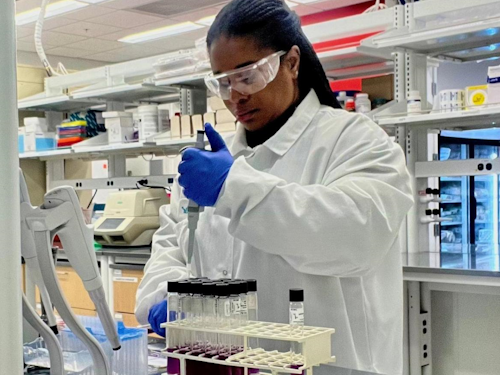Microbiologist

Image source: CSR Wire
Microbiologists study microorganisms such as bacteria, viruses, fungi, and parasites to understand their impact on humans, animals, plants, and the environment.
Key Responsibilities
- Conducting research to study microorganisms.
- Identifying and classifying microorganisms.
- Developing new methods to detect and treat infections.
- Analyzing samples and interpreting data.
- Collaborating with other scientists and researchers.
Required Qualifications
- Bachelor's degree in microbiology, biology, or a related field (minimum).
- Master's degree or Ph.D. in microbiology or a related field (often required for research positions, clinical microbiology positions, and policy development).
Career Pathways
- Microbiologist
- Research Scientist
- Laboratory Director
Related Organizations and Employers
- American Society for Microbiology: ASM
- Microbiology Society: Microbiology
- International Union of Microbiology Societies: IUMS
- Centers for Disease Control and Prevention (CDC): CDC Careers
- World Health Organization (WHO): WHO Careers
Science Careers Technology Careers Engineering Careers Mathematics Careers Medicine Careers